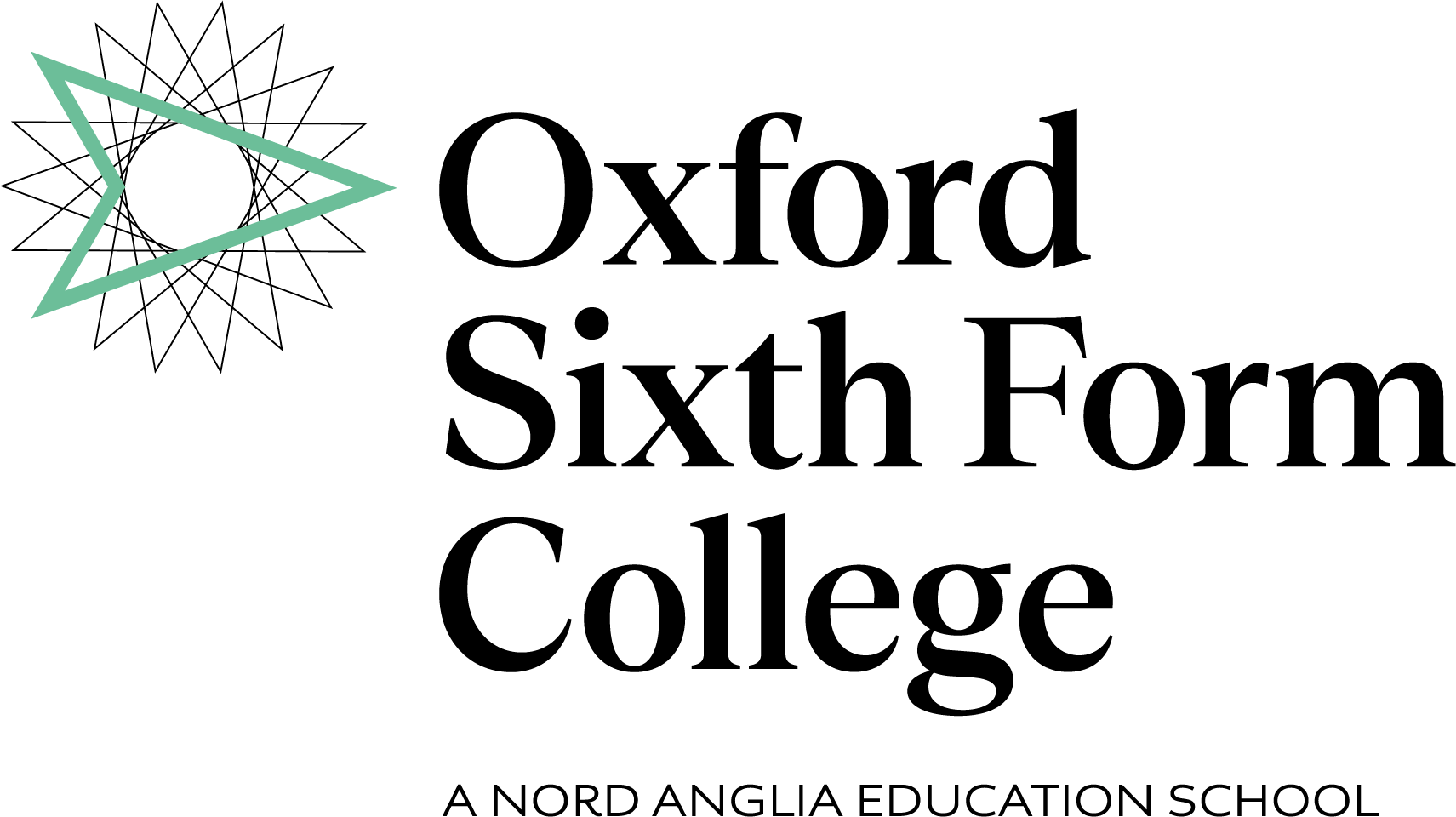
A-Level Chemistry
Chemistry is an exciting branch of science that allows students to combine theoretical understanding with practical application in the laboratory. A wider understanding of science is underpinned by an understanding of chemistry. In fact, chemistry is known as the ‘central science’ because it connects with all other natural sciences, such as biology, physics, and geology. Students will develop analytical skills and applied numerical abilities through A-Level study of the subject.
What is Chemistry?
Chemistry is a physical science – the study of the properties of and interactions between matter and energy. In other words, chemistry is a way to study the properties, characteristics, and physical changes of matter.
Chemistry also has a huge number of applications, including treating diseases with targeted drugs, maximising our use of natural resources, and developing new materials.
How is it studied?
OCR A A-Level Chemistry is taught within the two-year, five-term and one year A-Level programmes.
Chemistry is a content-led, flexible approach where the specification is divided into topics, each covering different key concepts of chemistry. Teaching of practical skills is integrated with the theoretical topics: both are assessed through written papers and the Practical Endorsement, which is studied in the A2 year. This consists of a minimum of 12 Practical Activity Groups (PAGs) that demonstrate the required skills and techniques.
How is A-Level Chemistry assessed?
Exam Board: OCR A
| Unit | Modules | Weighting | Format |
| Periodic table, elements and physical chemistry | 01 | 37% / 100 marks | Written paper:
2 hours 15 mins |
| Synthesis and analytical techniques | 02 | 37% / 100 marks | Written paper: 2 hours 15 mins |
| Unified chemistry | 03 | 26% / 70 marks | Written paper: 1 hour 30 mins |
| Practical endorsement | 04 | Reported separately | Non-exam assessment |
What do I need?
5 GCSEs grade 5 or above including Maths, English, Chemistry (or IGCSE Double Science or GCSE Science) or equivalent international qualifications.
For international students who have taken IELTS, we require an overall score of 5.5 with a minimum of 5.5 for each of the reading and writing components.
For international students who have taken IGCSE English (Second Language), we require grade 5 or above.
What should I study with Chemistry?
Chemistry links particularly well with Biology, Physics and Mathematics.
A qualification in Chemistry leads to a wide variety of careers including medicine, dentistry, veterinary medicine, pharmacy and engineering.
If you are undecided about your career, studying Chemistry can help you keep your options open.
What can I do with A-Level Chemistry?
Studying the chemical sciences at university teaches you many skills such as problem solving, communication, creativity and teamwork, together with specialised industrial knowledge: hence, chemical scientists are much sought-after and can pursue careers in many exciting and varied fields of work.
Our recent students have gone on to study Chemistry, Medicine, Biochemistry, Biomedical Sciences and Geology at top universities, amongst other subjects. Chemistry is also an essential requirement for Medicine, Dentistry, Veterinary Science and Pharmacy.
Questions about the course
Can I take A-Level Chemistry in one year?
Yes, if you have completed a minimum of AS-Level or equivalent studies inside or outside of the UK and can clearly demonstrate high ability in chemistry and academic English.
How much practical work will there be?
You will have time in the laboratory every week. You will complete more practicals than the minimum demanded by the specification, enhancing your understanding of the fundamental theories and improving your ability to answer questions on the examination
Related Subjects
Accreditations



